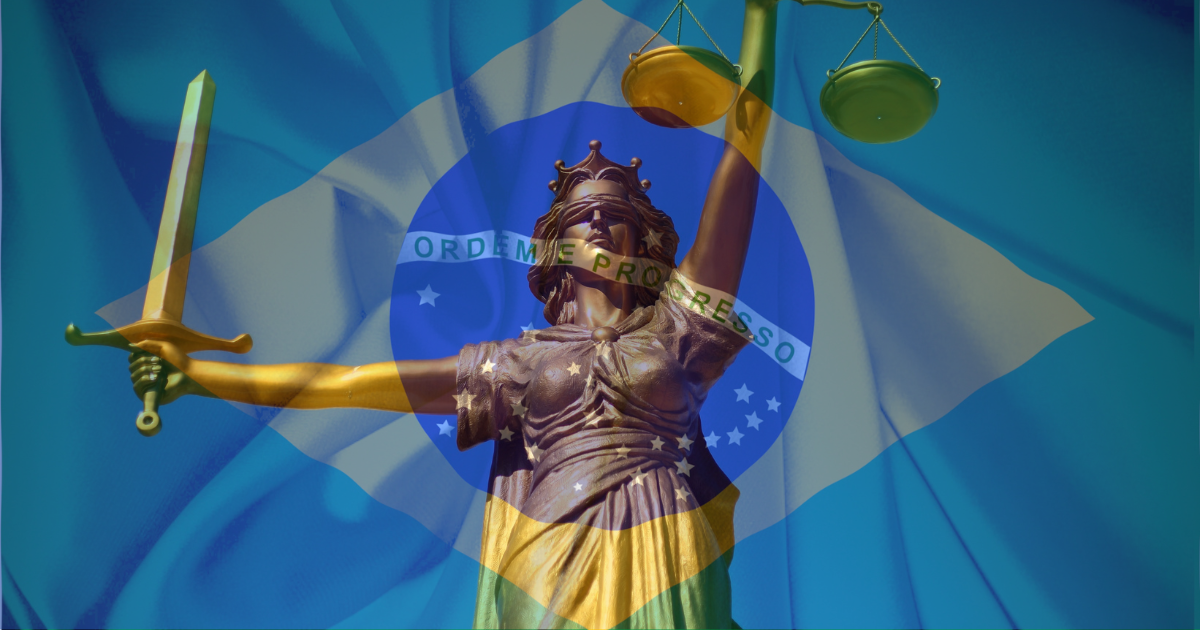Brazil’s judicial system is a complex, independent, and constitutionally structured power, essential to the rule of law and the democratic order. The Federal Constitution of 1988 devotes an entire chapter to the Judiciary, outlining its organization, competencies, and guiding principles. This article presents a concise overview of Brazil’s Judiciary, helping international readers understand how justice is administered in one of Latin America’s largest democracies.
1. Structure of the Judiciary
Under Article 92 of the Constitution, the Judiciary comprises several distinct branches, each with specific jurisdiction:
- Supreme Federal Court (STF): The highest court in Brazil, responsible for constitutional matters.
- National Council of Justice (CNJ): Oversees the administrative and financial management of the Judiciary.
- Superior Courts:
- Superior Court of Justice (STJ): Handles federal law issues, excluding constitutional matters.
- Superior Labor Court (TST): Labor law matters.
- Superior Electoral Court (TSE): Electoral disputes.
- Superior Military Court (STM): Military justice.
- Regional Courts and Judges:
- Federal, Labor, Electoral, Military, and State Courts with jurisdiction at first and second levels.
Each court operates independently and has its own administrative structure. The STF and Superior Courts are based in Brasília, the Federal Capital, and have national jurisdiction.
2. Entry and Promotion of Judges
According to Article 93, the Judiciary values merit and transparency. Entry into the judicial career occurs through competitive public examinations, which are open only to law graduates with at least three years of legal experience. The Brazilian Bar Association participates in all stages of the selection process.
Judges are promoted alternately by seniority and merit. Merit is assessed through performance metrics, such as efficiency, participation in training courses, and judgment speed. The system seeks to ensure a professional, impartial, and qualified judiciary.
3. Judicial Guarantees and Autonomy
Judges enjoy several constitutional guarantees (Art. 95):
- Life tenure after two years of service;
- Irremovability, unless for public interest by due process;
- Irreducibility of salary, protecting against financial manipulation.
To safeguard independence, judges cannot engage in political activities, receive legal fees, or practice law outside their institutional duties. The Judiciary also has administrative and financial autonomy (Art. 99), including budget proposal authority.
4. Supreme Federal Court (STF)
The STF is composed of 11 justices appointed by the President of the Republic and confirmed by the Senate (Art. 101). It is the guardian of the Constitution (Art. 102), responsible for:
- Deciding constitutional cases, such as Direct Actions of Unconstitutionality (ADIs);
- Judging high-ranking officials (President, Senators, Ministers) in criminal cases;
- Resolving federal disputes (e.g., between states and the Union);
- Issuing binding interpretations (súmulas vinculantes) on constitutional matters.
Its decisions have general binding effect across the public administration and lower courts.
5. Superior Court of Justice (STJ)
This court ensures uniform interpretation of federal (non-constitutional) law. It hears appeals from lower federal and state courts, particularly when conflicting interpretations of federal statutes arise (Art. 105).
The STJ also handles international cooperation matters, such as:
- Recognition of foreign judgments;
- Exequatur of letters rogatory (requests for international judicial cooperation).
6. Specialized Courts
Brazil’s judicial system includes several specialized branches:
- Federal Courts (Art. 109–110): Deal with cases involving the Union, federal agencies, or international entities.
- Labor Courts (Art. 114): Handle employment disputes and labor-related damages.
- Electoral Courts (Art. 118–121): Oversee electoral processes and resolve electoral disputes.
- Military Courts (Art. 124): Try military crimes as defined by law.
- State Courts (Art. 125–126): Each state organizes its own judiciary within constitutional guidelines, including the possibility of creating military courts for state police.
Specialized justices and procedures allow the system to handle specific legal contexts more efficiently.
7. Essential Institutions for Justice
The Constitution also establishes essential functions that support judicial activity:
- Public Prosecution (Ministério Público) (Art. 127–130): An independent institution tasked with defending legal order, democratic regime, and public interests. It may initiate criminal and civil actions, including environmental and anti-corruption cases.
- Public Advocacy (Art. 131–132): Includes the Attorney General’s Office (AGU) and State Attorneys, who represent the government in legal matters.
- Public Defenders (Defensoria Pública) (Art. 134): Provide free legal assistance to those who cannot afford it, ensuring access to justice and human rights protection.
These entities enjoy autonomy and have strict professional and ethical rules.
8. Access to Justice and Transparency
All judicial decisions must be public and reasoned (Art. 93, IX), ensuring transparency and accountability. Special courts known as Small Claims Courts (Juizados Especiais) (Art. 98) handle minor civil and criminal cases with simplified procedures.
The Constitution mandates continuous judicial activity, with judges available even during holidays through duty shifts (Art. 93, XII). The judiciary also promotes itinerant courts to reach remote areas and foster inclusion (Art. 107, §2 and Art. 125, §7).
Conclusion
Brazil’s Judiciary is a robust and constitutionally protected power, with multiple layers and specialized jurisdictions. Guided by principles of transparency, independence, and meritocracy, it plays a fundamental role in preserving the rule of law. For foreign observers, understanding the Judiciary’s structure is essential to grasp how justice is delivered in Brazil and how the country ensures the rights of its citizens within a democratic framework.

